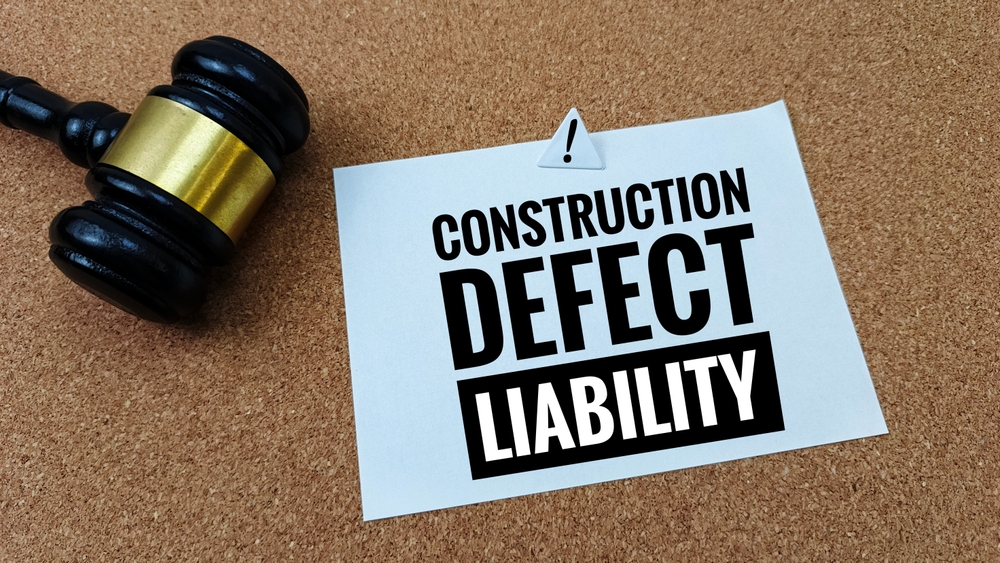

When it comes to home repairs and remodeling, transparency and clear communication are key to ensuring that both homeowners and contractors are on the same page. In Illinois, one law that plays a critical role in protecting consumers is 815 ILCS 513/15, which mandates that home repair or remodeling contractors provide a written contract for any work exceeding $1,000. This law, which took effect on January 1, 2006, outlines the specific requirements for residential contracts in home improvement and repair agreements. Here’s a closer look at these key contract requirements and what both homeowners and contractors need to know.
One of the main goals of this law is to protect homeowners from unexpected charges, disputes, and potential fraud. By requiring a written contract for repairs or remodeling work over $1,000, Illinois ensures that the terms of the agreement are clearly defined and agreed upon by both parties before work begins. This helps avoid confusion later on, especially if issues arise during or after the completion of the project.
Under 815 ILCS 513/15, contractors are obligated to provide a written contract or work order that contains specific details. The following are the key elements that must be included:
The contract must clearly state the total cost of the project, including both parts and materials. This must be broken down in reasonable detail so that the homeowner can fully understand the cost of each item involved in the project.
If the contractor charges for an estimate, this charge must be explicitly listed in the contract. Homeowners should be made aware of any fees associated with getting an estimate before agreeing to it.
The written contract must include the full business name and physical address of the contractor or company performing the work. If the contractor uses a post office box or a third-party mail service to receive business correspondence, the law also requires that the residence address of the contractor be included in the contract.
By including the contractor’s residential address, the law ensures that the homeowner can contact the contractor in case of any issues after the work is completed. This helps prevent situations where a contractor may be difficult to reach or is operating under unclear or hidden circumstances.
In addition to the written contract, Illinois law also requires contractors to provide a copy of the “Home Repair: Know Your Consumer Rights” pamphlet to the customer before signing any home repair or remodeling contract that exceeds $1,000. This is an essential tool for educating homeowners about their rights and protections under the law, ensuring they make informed decisions when entering a contract.
Before signing any home repair or remodeling contract, it is essential for homeowners to ensure that the agreement contains all the necessary information to avoid future misunderstandings or disputes. Here’s a checklist of what the contract should include:
If a contractor refuses to put promises in writing or hesitates to include important details, it may be a red flag. In such cases, homeowners should consider seeking out a contractor who is willing to provide a comprehensive, written agreement.
Before signing any contract, homeowners should take their time to read it carefully. If a salesperson pressures you to sign before you’ve had a chance to fully review the document, it’s essential to not sign it. Never rely on the salesperson to read or explain the contract for you. If you have trouble understanding the terms, consider asking a trusted friend or even a lawyer for assistance.
Never sign a contract that has blank spaces. Any blanks in the contract should be filled in before signing. Additionally, always ask for a copy of the signed contract to keep for your records.
Homeowners should be aware that Illinois law provides a three-day right to cancel any home repair contract if the sale was made and signed at the homeowner’s residence. The contractor cannot take this right away by starting work, selling the contract to a lender, or using other tactics. If you need to cancel the contract within three business days, you can do so without penalty. This is an important consumer protection that allows homeowners to change their minds if they feel uncomfortable or if the agreement doesn’t meet their expectations.
If a contractor fails to provide a written contract as required by 815 ILCS 513/15, they may face legal consequences. Homeowners who find themselves in a dispute with a contractor over terms that were not clearly stated in a written agreement could seek redress through legal means. Furthermore, contractors who fail to provide a written contract could be at risk of losing business, facing lawsuits, or facing penalties for non-compliance.
For homeowners, it is essential to:
For contractors, it is important to:
The law outlined in 815 ILCS 513/15 is a crucial tool for ensuring transparency and fairness in the home repair and remodeling industry. By requiring a written contract that includes detailed costs, contact information, and the “Home Repair: Know Your Consumer Rights” pamphlet, Illinois protects both homeowners and contractors, fostering better business practices and stronger consumer confidence. Whether you’re a homeowner planning a major renovation or a contractor looking to do business, understanding these requirements is key to a smooth, successful project.
Karalynn Cromeens is the Owner and Managing Partner of The Cromeens Law Firm, PLLC, with over 17 years of experience in construction, real estate, and business law. A published author and passionate advocate for contractors, she has dedicated her career to protecting the businesses her clients have built. Karalynn is on a mission to educate subcontractors on their legal rights, which inspired her books Quit Getting Screwed and Quit Getting Stiffed, as well as her podcast and The Subcontractor Institute.

